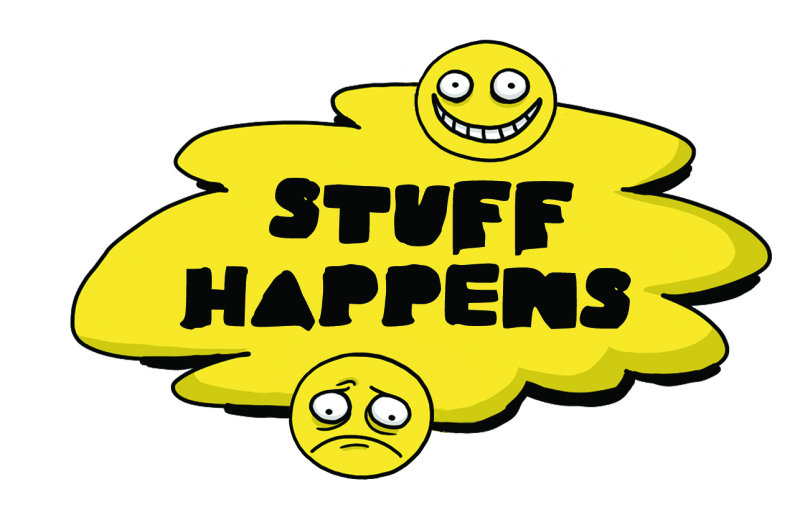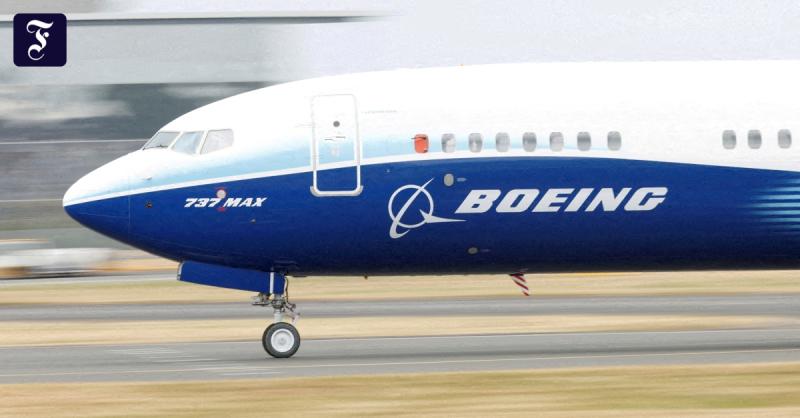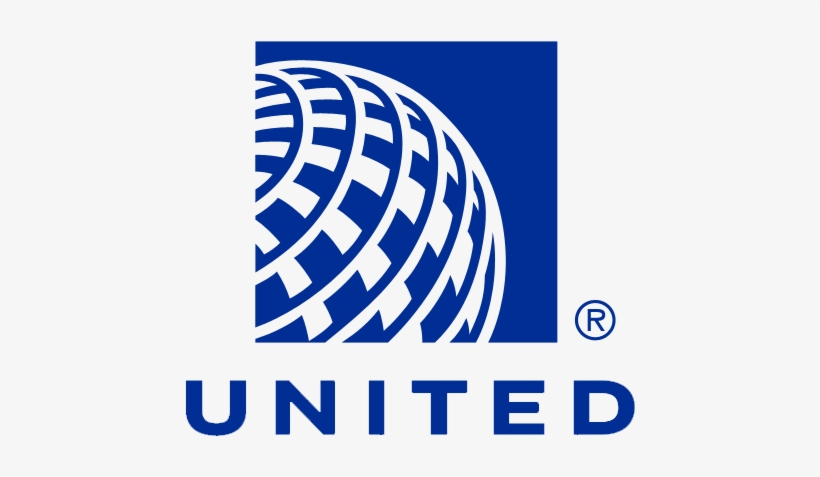(2024-06)

Sometimes accidents and incidents happen when you least expect it. We’ve heard the phrase “stuff happens” (or the vulgar version) to depict many unfortunate events. In my opinion, this phrase is overused to the point that people can shrug off preventable incidents. Should we always expect accidents? Why is it that some people, companies, or industries do better than others? What role does organizational culture play?
These questions came to me after a couple of recent events. On March 18, 2024, I received a blanket email from United Airlines’ CEO addressing management concerns over several incidents that occurred in the previous months. The CEO spoke about how United Airlines had been trying to build a new culture over “the past few years.” The CEO also made this statement – “We empower our team to speak up and raise their hand if they see something wrong.” I wondered if this was why they sent the email, or if it was in reaction to the negative publicity they had received.
One week later (March 25, 2024), a broad management shake-up was announced by Boeing. The airplane manufacturer has been under the microscope due to numerous issues related to the quality of their aircraft (737-MAX in particular), as well as procedures of repairs and maintenance at Boeing facilities. In addition to this announcement, there have been two whistleblower deaths at Boeing. Their stories tell of a lax and complacent culture. I don’t know how much of the stories are speculation, but it sounds like Boeing has a safety culture issue.

After receiving the United email and the Boeing changes were announced, I did a couple of simple internet searches – “United Airlines safety incidents” and “importance of safety culture.” The first search yielded several stories concerning United. After reviewing them, it’s clear to me that United management needs to address the apparent lapse in discipline concerning safety. The second search confirmed my belief that culture, as set and enforced by strong leadership, is the best way to improve safe operations. I’ll speak more on this later.

United Airlines is facing two primary challenges stemming from the series of mishaps. The first of these is customer dissatisfaction (and resultant loss of revenue). Given the choice, customers will fly on airlines that haven’t had accidents or negative publicity. Another issue facing United is an increase in scrutiny from regulatory bodies. Increased regulatory oversight is necessary but can complicate a business’ efforts to improve.
Can the culture reinforced by leadership have a direct impact on safe operations? I believe so. The research validates my belief. I remember when Chevron instituted a new safety policy – Stop Work Authority (SWA). The leadership was very vocal and visible, encouraging any employee to stop work when they observe unsafe conditions. I felt confident in upper management support of this policy and reinforced it in my operations. I had the opportunity to support it also by supporting employees who stopped work at customer’s facilities due to unsafe conditions. In effect, we fired the customer until they could improve safe operations. This sent a strong message to front-line employees that SWA wasn’t simply something printed on a card. I was able to contrast this with BP’s apparent culture after the Deepwater Horizon incident. Sir John Brown (then CEO of BP) testified before the U.S. Congress that BP had an SWA policy in effect also. My reading about the Deepwater Horizon incident tells me this policy wasn’t fully implemented and supported by leadership.
I saw firsthand the effect a leader can have on the culture of their team. An organization I was responsible for at Chevron (one of five global manufacturing units) had a particularly poor safety performance. I took responsibility for this and called for a one-day safety standdown for all our plants. We arranged each plant to have a facilitated day focused on discussing ways to improve the safety of each plant. While this was going on, all the supervisors and plant managers convened offsite. The supervisors and plant managers met to discuss our record and ways to improve it. As the leader of the organization, I both opened and closed this session. My introductory remarks were designed to be motivational. For the kick-off, I pointed out the responsibility of each supervisor for the safety culture and performance of their team. I also told them the importance of accountability for the improvement. I made sure each supervisor and plant manager knew that their performance rating (and subsequent bonus and salary treatment) would be affected by the performance of their unit. I followed through with this during the year-end salary treatment discussion with my plant managers. I also knew that my rating was affected by our performance. The team rallied and improved their results the following year.
I’ve learned through my experience at Chevron that the leader sets the tone for the organization. This is a large part of forming the organizational culture. As a leader, I knew that I needed to take full responsibility for all results of my team.
I’ve also learned that leadership actions speak louder than words on a policy document. This was validated by my personal observation of the difference between Chevron and BP. The words of the United Airlines’ CEO’s email were appropriate, as were the Boeing CEO’s words. Whether or not the increased focus on safety by United Airlines, as well as the Boeing management shake-up improve safe operations is yet to be determined. I hope so.
I also believe that words without accountability are not effective. The Boeing management change is a good indicator of accountability at the top. I hope the change trickles down to the entire organization.
I’d be interested in your thoughts and comments. Do you believe leadership has a strong influence on organizational culture? Can culture make the difference between excellence or mediocrity? Have you seen an organization that has confidence or mistrust in their leadership? Is accountability as important as I’ve shared?
If you’d like to discuss this further, please contact me via email (mike@mrhensonllc.com) or comment on this post.